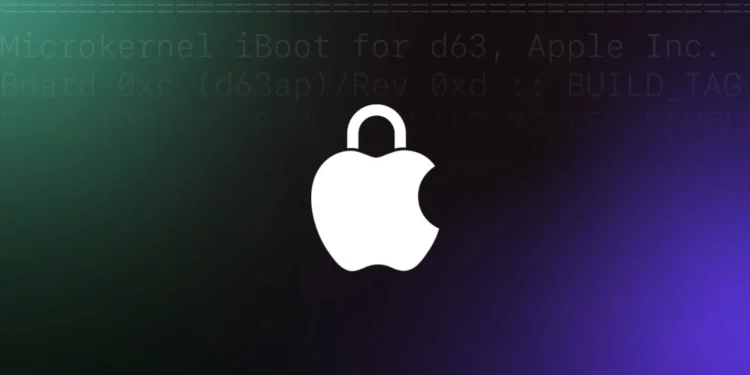As the festive season draws near, with Black Friday just around the corner, Apple users need to be extra vigilant. A sophisticated phishing scheme, purporting that your Apple ID has been suspended, is targeting over 2 billion users of Apple devices, including iPhones, iPads, and MacBooks. This article delves into the details of this urgent cybersecurity threat and offers advice on how to protect yourself from falling victim to these scams.
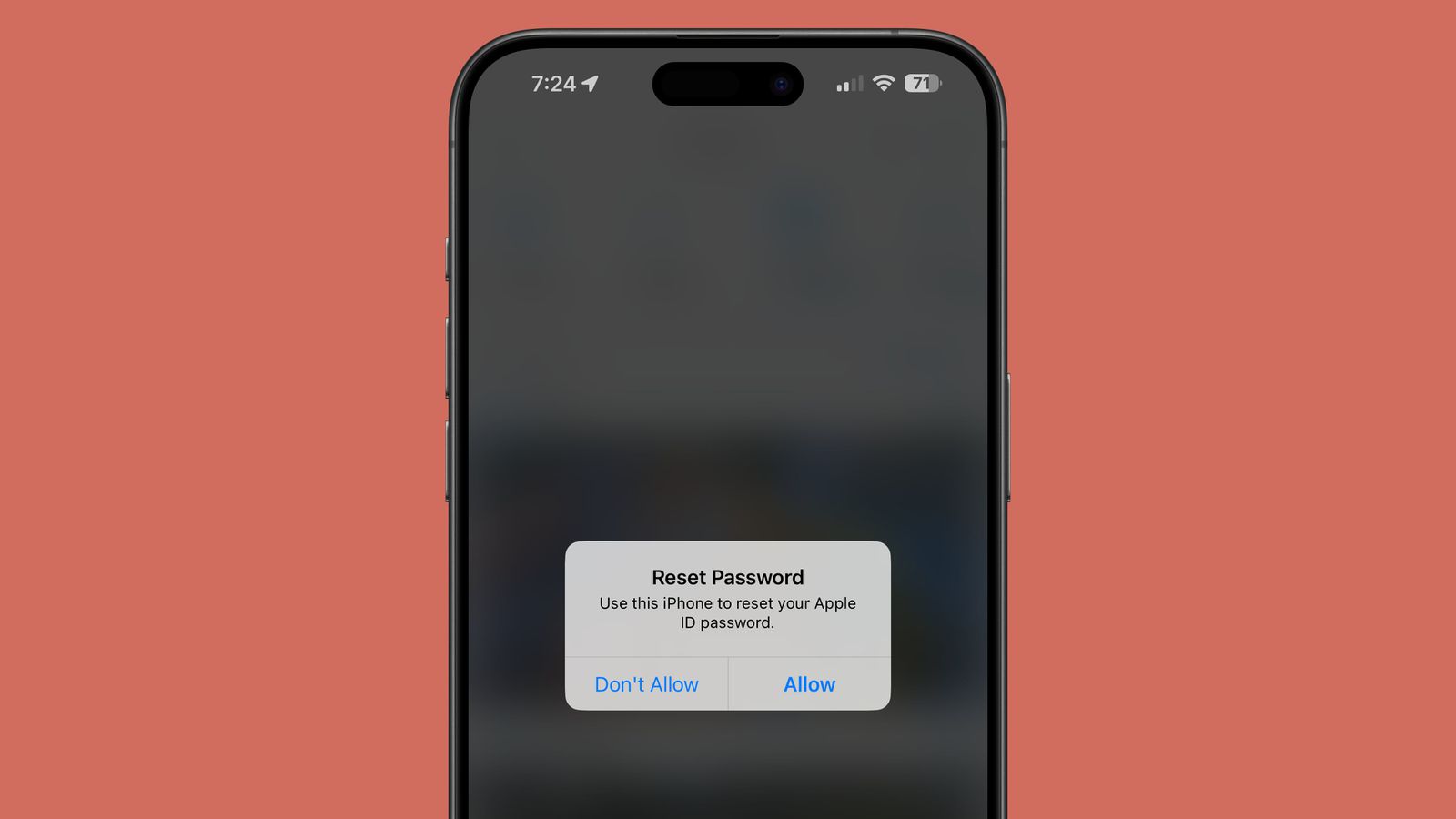
The Escalation of Phishing Attacks Targeting Apple Users
Recent reports have highlighted an alarming increase in phishing attacks aimed at Apple device users. These scams, often appearing as legitimate communications from Apple, claim that the user’s Apple ID has been suspended due to suspicious activities. According to cybersecurity experts, the timing of these attacks is strategic, aligning with shopping spikes during major sale events like Black Friday, when users are more likely to engage with their devices for purchases.
Jake Moore, a former law enforcement officer specializing in digital crimes and now a global cybersecurity advisor at ESET, emphasized the severity of the situation. “Phishing scams like the Apple ID Suspended scheme are becoming increasingly prolific and under immediate urgency,” Moore stated, highlighting the sophisticated tactics employed by cybercriminals to manipulate users.
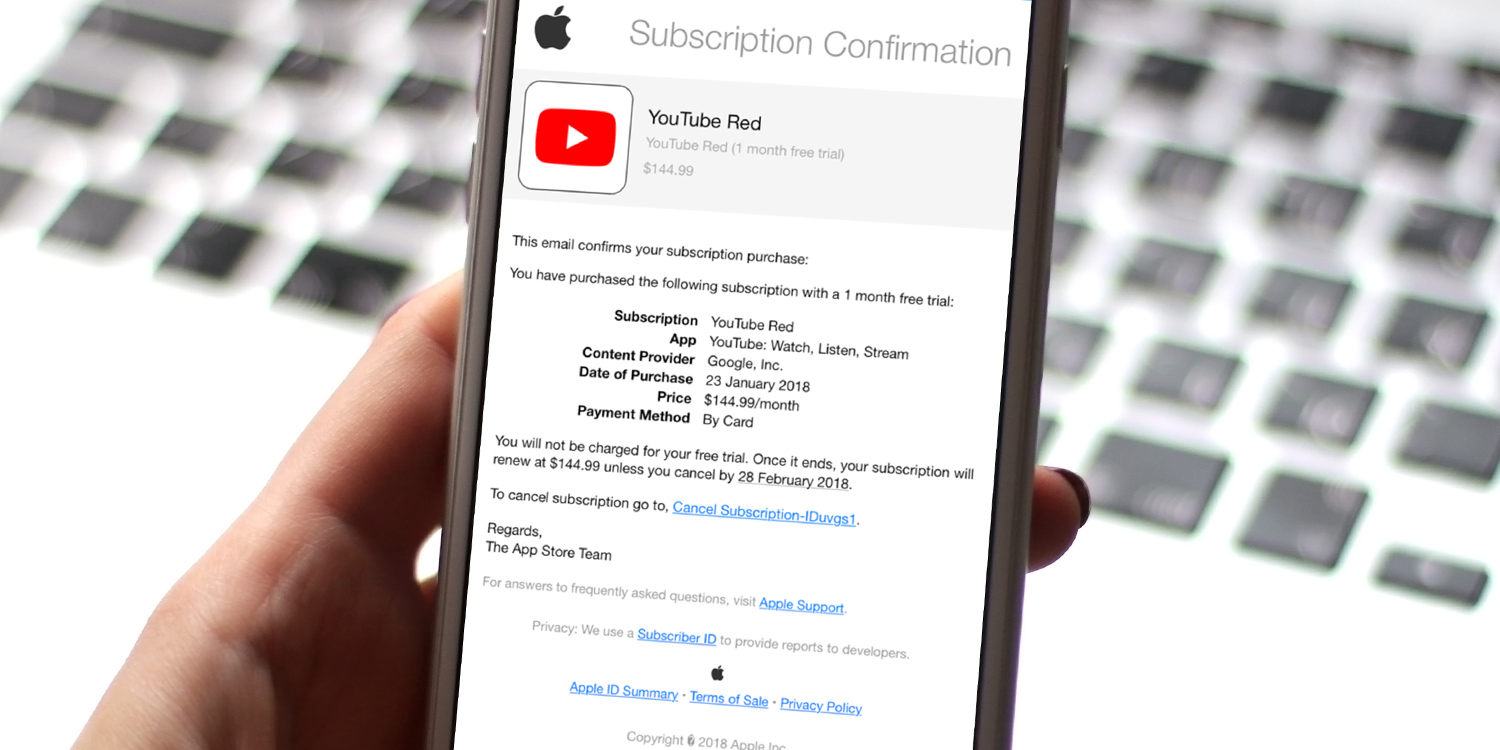
How the Scam Works
The scam typically begins with an email or SMS that closely mimics official Apple communication in both appearance and tone. These messages may claim that there has been suspicious activity on your account or that it has been compromised. The ultimate goal is to instill a sense of urgency, prompting the recipient to click on a link that leads to a fake Apple login page designed to harvest login credentials.
Apple has officially responded to these incidents, offering crucial advice to its users. “If you’re suspicious about an unexpected message, call, or request for personal information, such as your email address, phone number, password, security code, or money, it’s safer to presume that it’s a scam,” advised Apple. The tech giant also reiterated that it would never ask users to provide their sensitive information in such a manner.
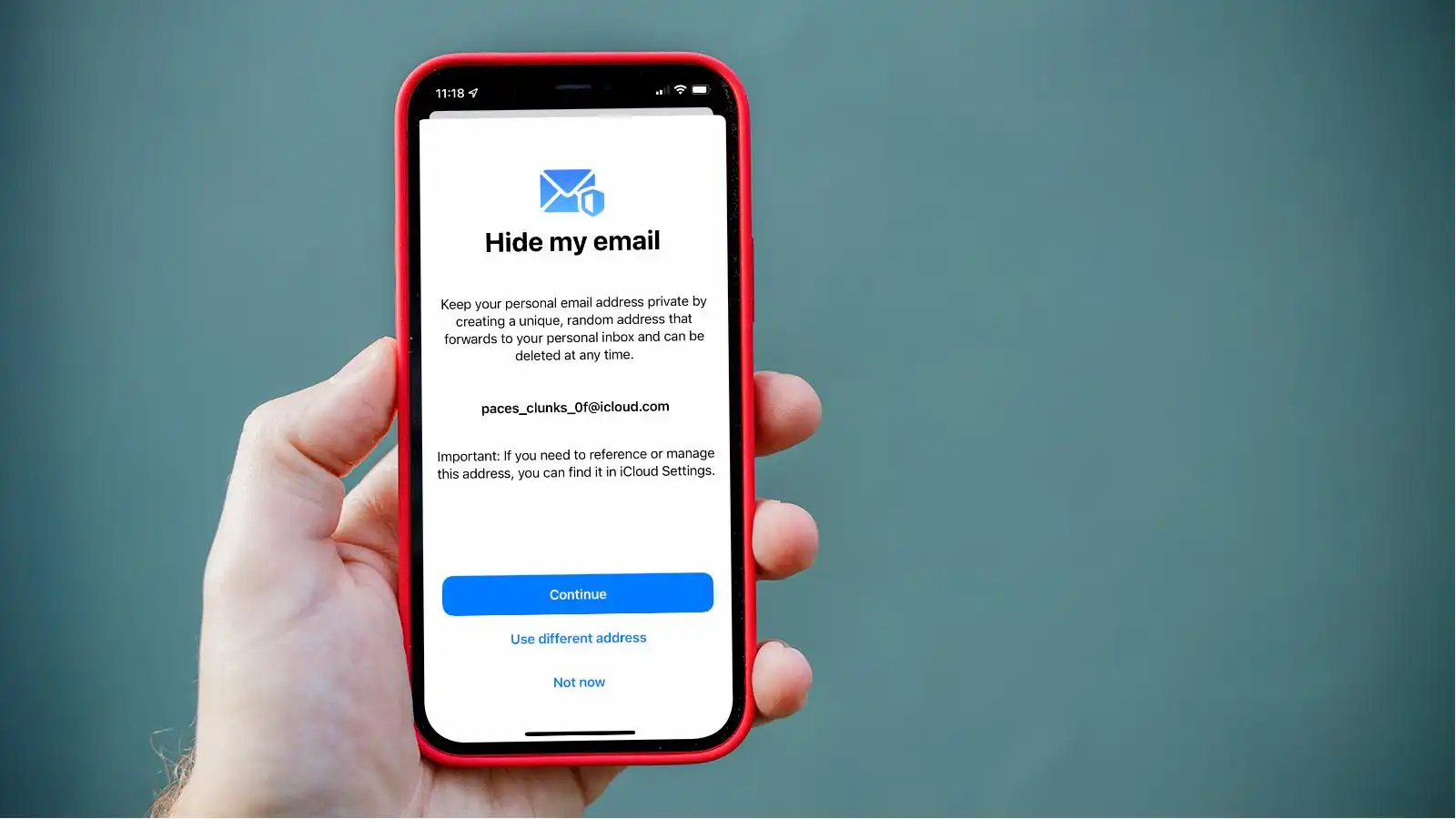
Identifying and Avoiding Phishing Scams
To avoid falling prey to these scams, Apple advises users to take several precautionary steps:
- Verify the sender’s email address for any discrepancies.
- Avoid clicking on suspicious links, especially those that come from unverified sources.
- Approach unsolicited requests for personal information with skepticism.
Moore also added, “It is important to verify the sender’s email address for any discrepancies and avoid clicking on suspicious links as this is where scams often begin. If you are ever in doubt of an Apple ID issue, go directly to the official Apple website to double-check.”
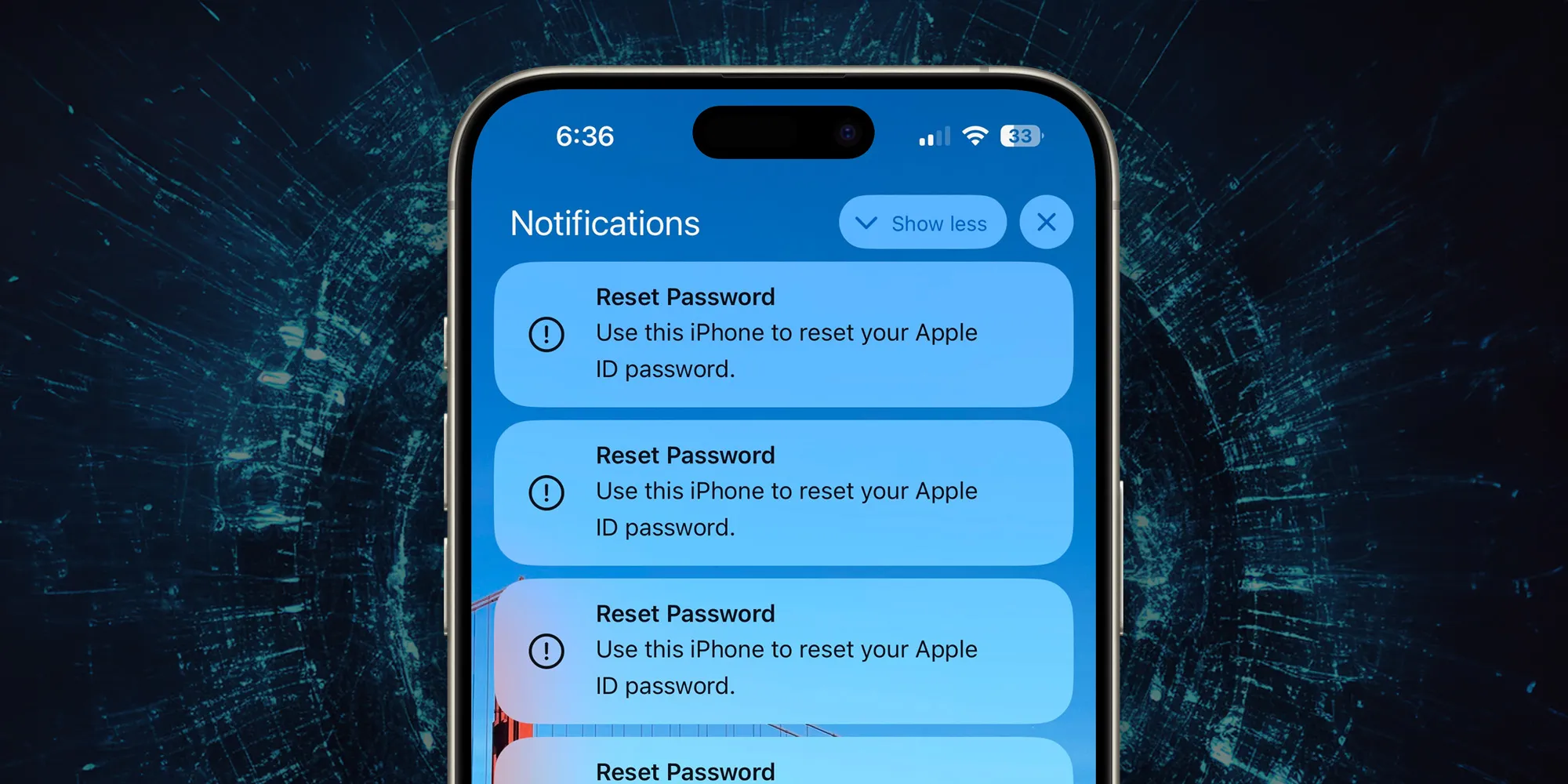
Additional Safety Measures
Beyond recognizing and avoiding phishing attempts, there are additional measures that Apple users can adopt to enhance their cybersecurity:
- Use two-factor authentication for an added layer of security.
- Consider switching to Apple Passkey, especially if using the latest version of iOS, which offers a more secure login alternative.
As we head into the busiest shopping weekend of the year, the risk of cyber attacks escalates. Users are urged to remain cautious and vigilant, safeguarding their personal information against these increasingly cunning phishing schemes. Remember, staying informed and cautious is your best defense against cyber threats.

